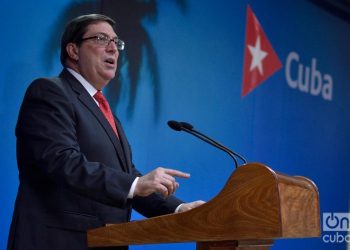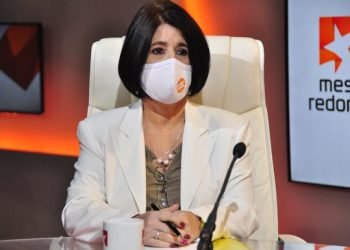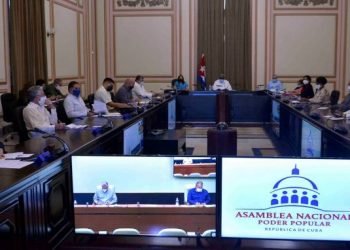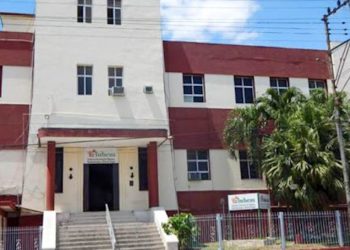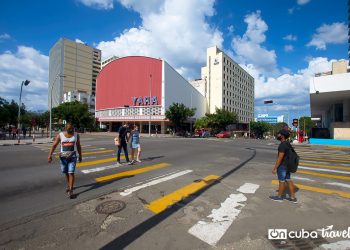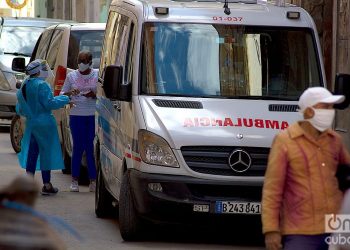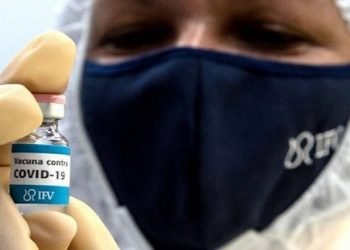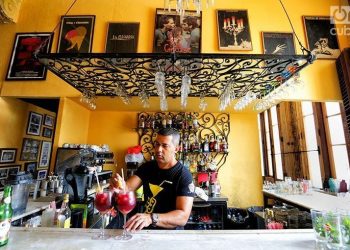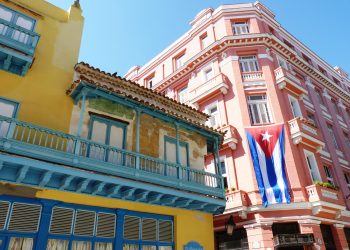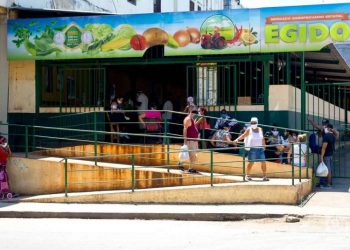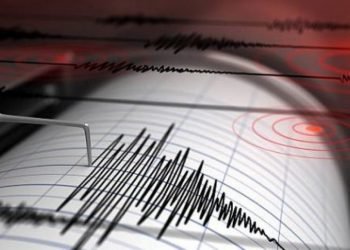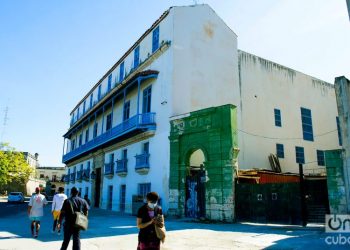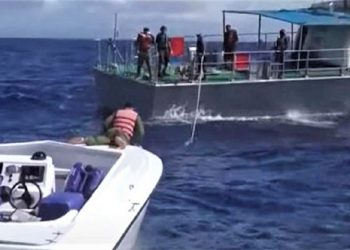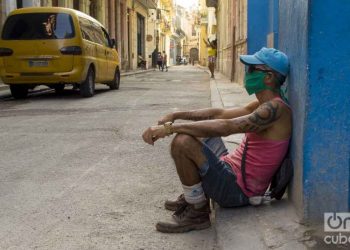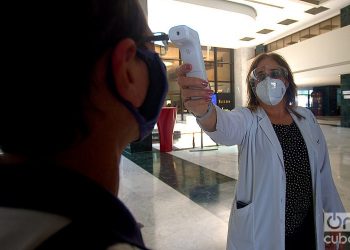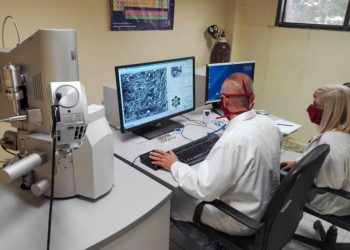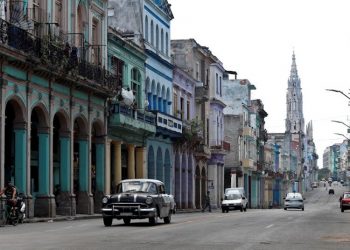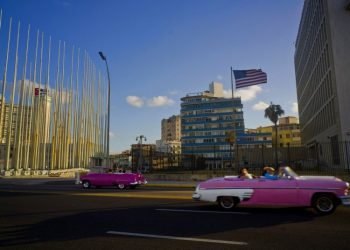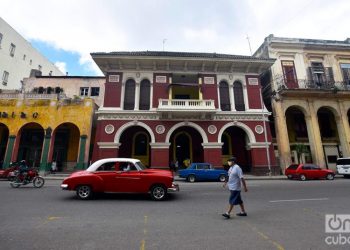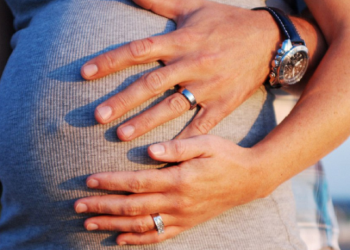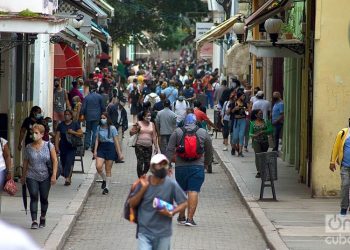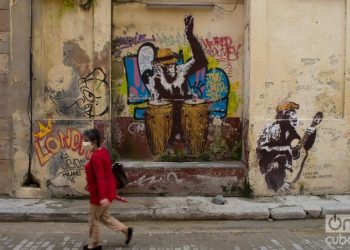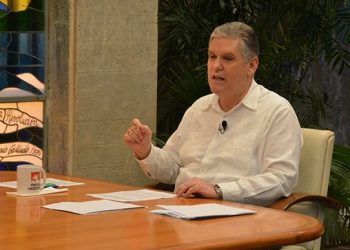Foreign Minister: Cuba exhibits “major breakthroughs and results in the struggle against racism and discrimination, although more is yet to be done”
Cuban Foreign Minister Bruno Rodríguez affirmed this Thursday that Cuba exhibits “major breakthroughs and results in the struggle against racism and discrimination,” but acknowledged that on this sensitive issue “more is yet to be done.” “In Cuba, the triumph of the Revolution led to a radical transformation process that dealt an overwhelming blow to the structural underpinnings of racism and eradicated institutionalized racial discrimination,” said the Cuban Minister of Foreign Affairs, speaking today online in the Ministerial Meeting on the Elimination of Racism, Xenophobia and Racial Discrimination. However, quoting President Miguel Díaz-Canel, he pointed out that “there are still a few vestiges remaining in our society, not due to a government policy, but as part of the culture of some people” and said that Cubans have “every right and the opportunity to carry out coherent and impactful actions that will help us solve these problems in our society.” As an example of this and of the “commitment of our government” on this issue, Rodríguez explained that “in November 2019, the National Program against Racism and Racial Discrimination was approved, under the coordination of a Government Commission led by the President of the Republic of Cuba.” https://oncubanews.com/en/echoes/race-and-heredity-in-contemporary-cuban-society/ Furthermore, in his speech...


